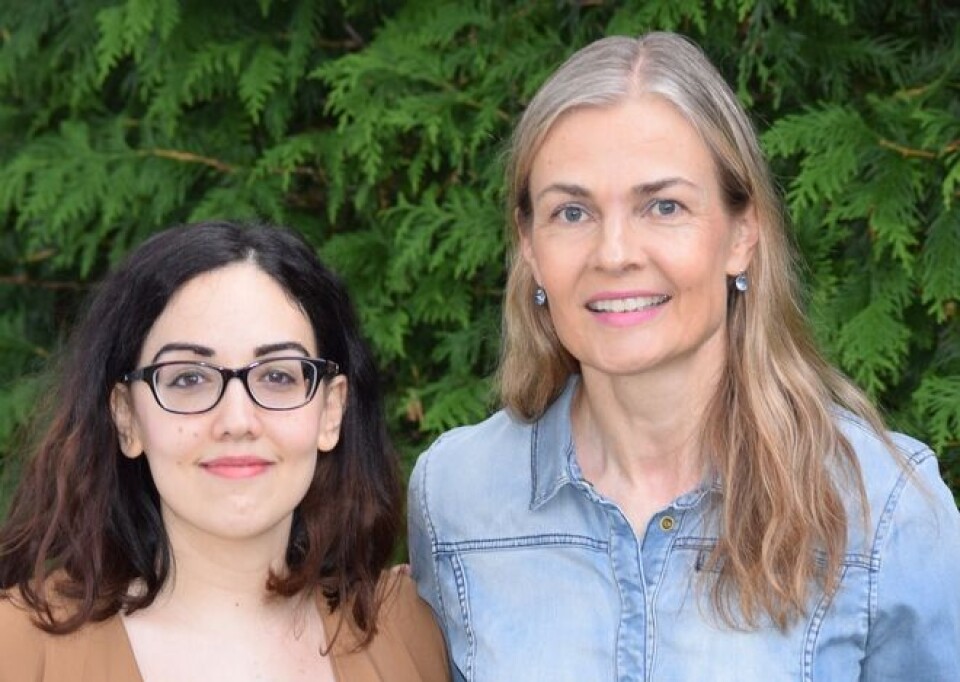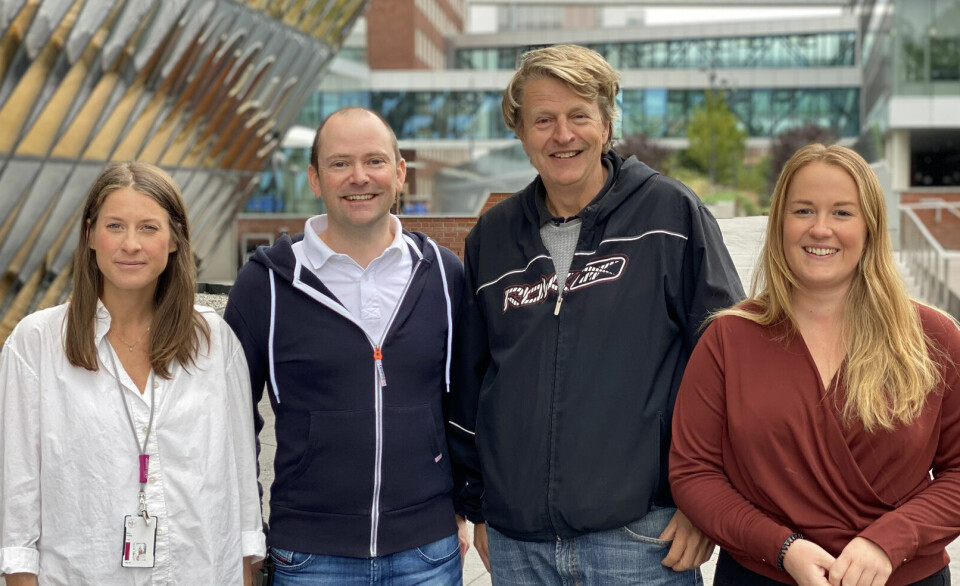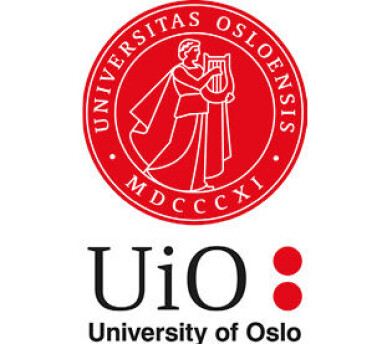THIS CONTENT IS BROUGHT TO YOU BY University of Oslo - read more

Possible new treatment for leukemia
A new immunotherapy offers hope for a new and effective treatment for the most common form of leukemia in adults.
Researchers have identified a novel immunotherapy for acute myeloid leukemia (AML). Immune cells are programmed to recognise a mutation found in leukemia patients.
Our blood cells are formed and matured in the bone marrow. However, sometimes mutations or damage occur in the cells' genetic material. This can lead to uncontrolled growth of blood cells and improper maturation.
“AML is a disease with a very poor prognosis. With standard treatment, one-third of patients have a 5-year survival rate after diagnosis,” Professor Johanna Olweus says.
She is a professor at the University of Oslo and Head of Department of Cancer Immunology at the Cancer Clinic at Oslo University Hospital, and a world-leading researcher in immunotherapy.
Immunotherapy
“Immunotherapy
has led to significant advances in the treatment of several types of cancer.
However, there is currently no approved immunotherapy for AML,” Olweus says.
The exception is stem cell transplantation, which is a treatment with potentially life-threatening side effects.
"Many patients cannot tolerate this treatment and therefore cannot receive it. It is also not possible to find stem cell donors for all patients,” she explains.
Could mutations be a possible target for treatment?
For immunotherapy to be effective, the immune cells need good therapeutic targets to attack. However, the targets should not be found on healthy cells, as they would also be attacked.
Olweus and colleagues have now found that certain mutations in cancer cells can be attractive targets in AML.
“This provides hope that we can develop a new and effective treatment for acute myeloid leukemia. The results are likely of relevance also for other types of cancer,” Olweus says.
Mutations exist only in cancer cells
All cancers are caused by mutations in the DNA. Therefore, researchers have focused on mutations in the search for new treatment options for cancer.
“Research in recent years has given us great hope that it will be possible to target immunotherapy to selected mutations. This is because mutations are specific for cancer cells and are a necessary part of cancer development,” Olweus explains.
Mutations are unique to the individual cancer tumor and patient
However, it is not quite as simple. So far, the results have been discouraging.
“Almost all mutations are unique to the individual cancer tumor and patient. Targeted treatment must therefore be tailored to each individual patient,” the professor explains.
“We also know that many mutations exists only in some cancer cells, which allows the other cancer cells to escape treatment. In addition, there are very few mutations that have the ability to stimulate immune responses,” she adds.
Helps the immune system
The goal of immunotherapy is to help the immune system protect the body against cancer development and to fight cancer. T-cells are part of this immune system. T-cell receptors are proteins that are found on the surface of T-cells.
They play a crucial role in recognising, activating, and stimulating our immune system to respond to threats, like viral infections.
This is where the researchers have made a breakthrough. Specifically, they have been able to identify a T-cell receptor that can recognise a specific mutation that is typical for acute myeloid leukemia, and shared between a subgroup of patients with AML.
“A gene that is often mutated in this disease is called FLT3. Mutations in this gene can contribute to the rapid development of the disease. Using technology that my group has developed, we have been able to identify a T-cell receptor that recognises one mutation in FLT3,” Olweus explains.
A needle in a haystack
The researchers noticed that there are some mutations that are found in several AML patients. These mutations, shared among several patients, could be attractive therapeutic targets.
“The discovery is a bit like finding a needle in a haystack,” postdoctoral fellow Eirini Giannakopoulou says.
The researchers equipped T-cells with the T-cell receptor through gene transfer. In this way, the T cells were programmed to attack cancer cells with this particular mutation.
They were further able to show that the T-cell receptor is safe and that it does not react with normal cells, only with the mutation from the cancer cells.

Eliminated mutated cancer cells within two weeks in mice
But how could the researchers test whether this T-cell receptor can be used in the treatment of leukemia?
In collaboration with researchers at Karolinska Institute, they created a model for the disease, a tailored mouse model that mimicked AML. Leukemic cells from patients were transplanted into mice. Then they tested whether T-cells equipped with the T-cell receptor were able to attack the cancer cells.
These results were very clear. In just two weeks, the treatment effectively eliminated mutated leukemic cells in the mice.
Proof-of-concept study
The study is a ‘proof-of-concept’ study, where researchers test whether an idea can work in reality. This is important in order to proceed to clinical trials.
The aim in this study was to see whether genetically modified T-cells, programmed to recognise mutations, could be an attractive treatment option for AML.
“An important finding was that we could show that the programmed T-cells could also kill cells that have characteristics of stem cells in leukemia,” PhD fellow Madeleine Lehander at Karolinska Institute says.
Leukemia stem cells cause relapse of AML.

Reference:
Giannakopoulou et al. A T cell receptor targeting a recurrent driver mutation in FLT3 mediates elimination of primary human acute myeloid leukemia in vivo, Nature Cancer, 2023. DOI: 10.1038/s43018-023-00642-8

This content is paid for and presented by the University of Oslo
This content is created by the University of Oslo's communication staff, who use this platform to communicate science and share results from research with the public. The University of Oslo is one of more than 80 owners of ScienceNorway.no. Read more here.
More content from the University of Oslo:
-
Why we need a national space weather forecast
-
Mainland Europe’s largest glacier may be halved by 2100
-
AI makes fake news more credible
-
What do our brains learn from surprises?
-
"A photograph is not automatically either true or false. It's a rhetorical device"
-
Queer opera singers: “I was too feminine, too ‘gay.’ I heard that on opera stages in both Asia and Europe”





































